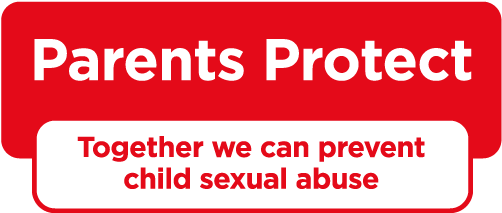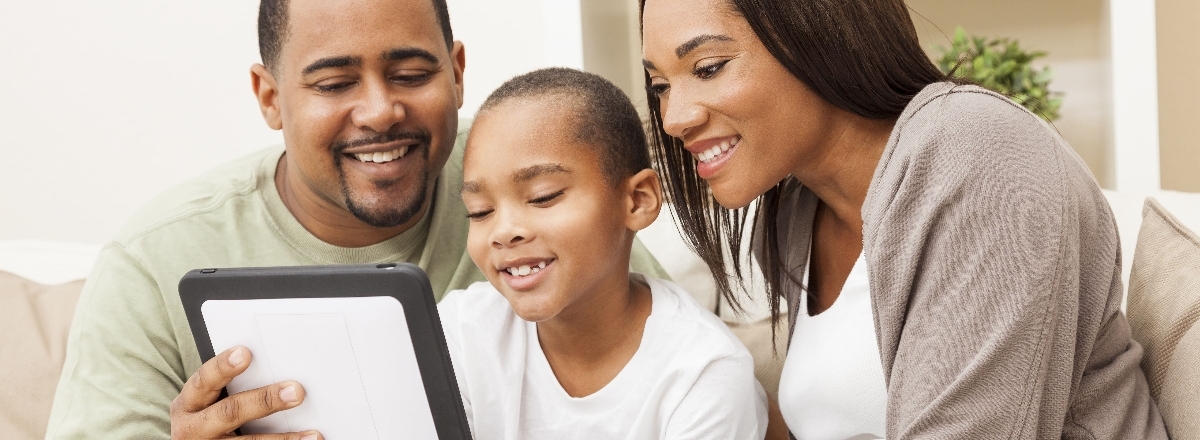There are many reasons why children don’t talk about abuse that might have happened to them or about their concerns around an adult or other young person in their lives.
It is vital that adults and carers understand what to look for if they are concerned about a child and how to open up lines of communication so that they feel they are able to discuss any abuse that might have taken place and how to better protect themselves both on and offline.
The short educational video below will provide further information on why children may not feel able to discuss abuse, how people who abuse children are able to silence children and how to support children who may not feel comfortable discussing what has happened to them.
why children don't tell about abuse
It’s rare for anyone other than the person who has abused a child and the survivor to actually witness abuse taking place; and a child may never come forward and tell you, or anyone else, about it.
There are many reasons why children don’t talk about what is happening to them.
Many children who have been sexually abused didn’t tell anyone about the abuse at the time it happened because of embarrassment or humiliation, or thinking that they wouldn’t be believed.
Sometimes a child is so young or afraid that they don’t know or can’t find the words to explain what is happening to them. And sometimes they are so confused by the person that has abused them, that they might not know that what is happening is wrong.
People who abuse children can have many ways of ensuring a child’s silence. Some will play on their fear, embarrassment and guilt; and can even make the child think that they've done something wrong
For example, by introducing a child to alcohol, drugs or pornography, the person who has abused a child knows the child will be more reluctant to tell, for fear of getting into trouble.
Sometimes people who abuse a child believe they truly care for and even love the children they have abused – whether the abuse happens inside or outside the family. They give the child lots of attention that makes them feel special. So, in many cases, the child may love the person who has sexually abused them – especially if this is a family member– and might not want to lose contact with them by disclosing.
WANT TO KNOW MORE?
If you want to know more how to prevent child sexual abuse, you can watch the rest of our short films.
If you're worried about how an adult or young person you know behaves around children, you can get confidential support from the Stop It Now! helpline: 0808 1000 900. If you’re not ready to speak to someone yet, you can use our live chat or send a secure message.
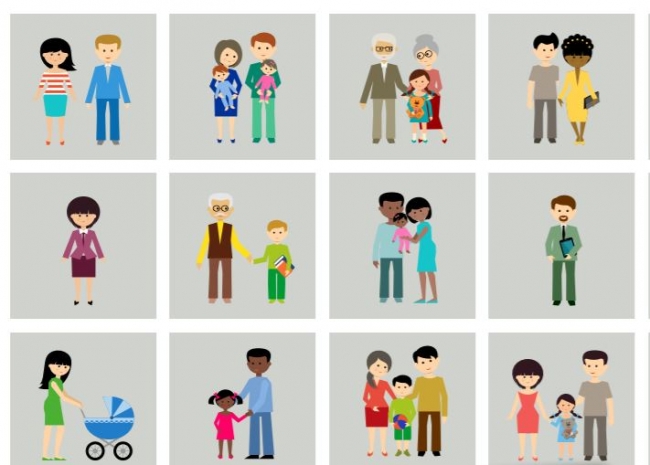
Create a Family Safety
Plan
A family safety plan can help to protect children by creating a safer environment where they can discuss worries, set boundaries and get help.
Learn More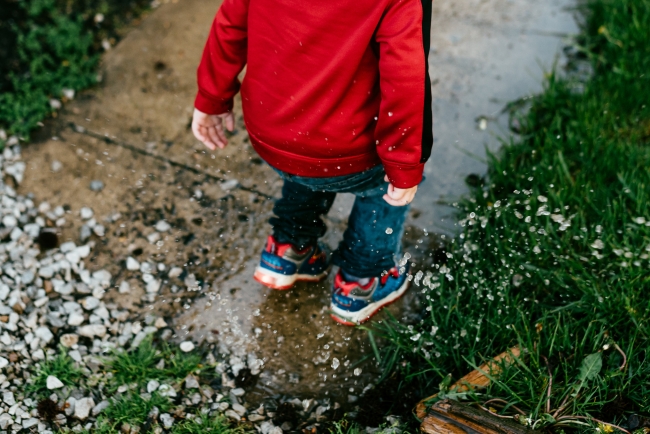
Warning signs in adults and children
Children frequently do not tell about the abuse they are experiencing and so understanding the warning signs can help to support and offer guidance to parents and carers.
Learn More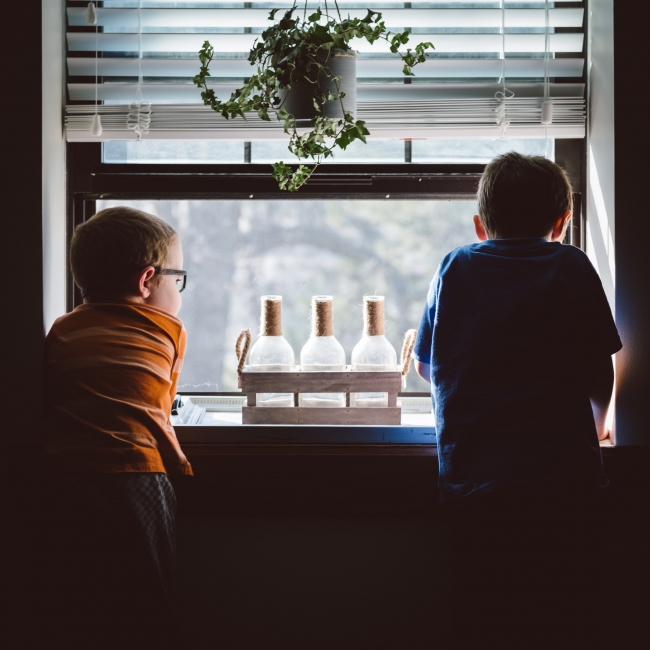
Who sexually abuses children
As more than 8 in 10 children who are sexually abused by someone they know, this often means that they never disclose the abuse. Understanding who sexually abuses children can help to better prevent harm.
.jpg)
What to do if a child tells about abuse
Although children rarely disclose abuse, if they do, it is vital to repspond sensitvely and appropiately. Our guide aims to offer support to parents and carers to know how to act.
Learn More